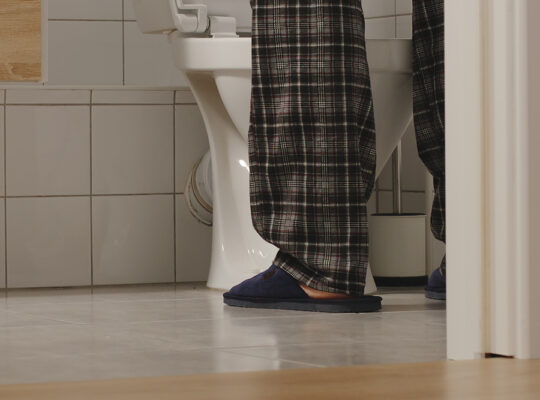With this combination test you get clarity about the most common STDs, which can be detected in blood and urine.
Important: Only possible with first morning urine. You can also bring the first morning urine in a clean glass or collect a cup from us in advance.
Syphilis, HIV and hepatitis C are the most common sexually transmitted infections after chlamydia and gonococcus (gonorrhea). After a risk situation, the results of laboratory tests can be negative in the first few days or weeks. In the case of HIV, a reliable statement is only possible after 6 weeks, in the case of hepatitis C after 6 months and in the case of syphilis 3 to 5 weeks after a risk exposure.
Included tests
- HIV Screening, Lues Screening, Hepatitis C IgG Screening, Hepatitis B-s Antigen
- Gonococci (Neisseria gonorrhoeae), Mycoplasma genitalium, Chlamydia trachomatis
All-inclusive price (promotion): CHF 285.00
Chlamydia information
Chlamydia trachomatis does not leave any immunity. Re-infection can occur if the person comes into contact with Chlamydia trachomatis again.
Gonorrhea information
Gonorrhea (gonorrhea) leaves no immunity. Reinfection can occur if the person comes into contact with gonococci again.
Hepatitis C information
The usual screening test for hepatitis C is the detection of HCV-IgG antibodies in the blood. However, it can take several weeks after infection before the test is positive. If the screening test is positive, further confirmatory tests must be carried out, such as the HCV immunoblot or HCV RNA direct detection.
Syphilis information
If a person has previously had syphilis, the screening test will remain positive. Only on the basis of the activity marker RPR can it be distinguished in such cases whether this person currently has an active infection. Syphilis leaves no immunity. Reinfection can occur if the person comes into contact with the pathogen Treponema pallidum again.
Material
- 1. morning urine
- Venous blood sampling




